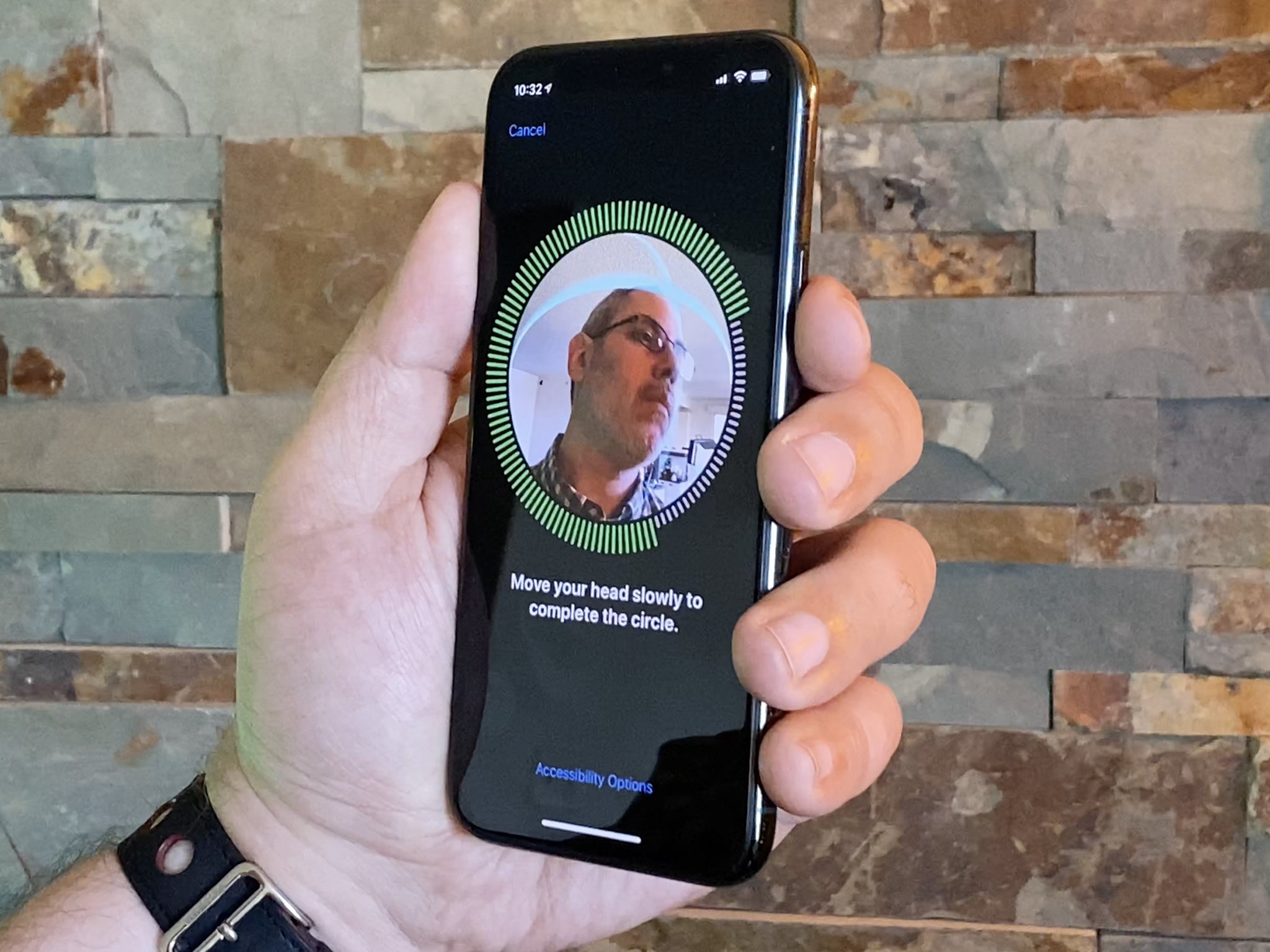Apple's Web Authentication API will bring Face ID and Touch ID to websites

What you need to know
- Apple has shown developers its new Web Authentication API.
- It will allow developers to use Face ID and Touch ID on websites in Safari.
- It could mean smoother security interactions for users on iPhone, iPad, and Mac.
Apple has shown developers its new Web Authentication API, which will let them add Face and Touch ID to safari to help users login faster.
In the new WWDC video Apple states:
Face ID and Touch ID provide a frictionless experience when logging in — and now you can use them on your websites in Safari with the Web Authentication API. Discover how to add this convenient and secure login alternative to your website.
According to Apple's Safari 14 release notes:
Added a Web Authentication platform authenticator using Face ID or Touch ID, depending on which capability is present.
Apple has also added a couple of other authentication features to Safari for both Mac and iOS, including support for pin entry and account selection, as well as a tool that tells you if a password you save has ever shown up in a data breach (without actually reading your password.) Finally, it has also included a new Security Code Autofill for 'domain-bound authentication codes.' You can now receive 2FA codes that will only work with a domain that is attached to the code, and Safari will autofill if for you when you receive the text.
The new Web Authentication tool will really benefit users, as it should mean we start to see more websites on the iPhone, iPad, and Mac that will accept your Face ID or Touch ID as a means of authentication, meaning less typing of passwords, and less forgetting them.
iMore offers spot-on advice and guidance from our team of experts, with decades of Apple device experience to lean on. Learn more with iMore!

Stephen Warwick has written about Apple for five years at iMore and previously elsewhere. He covers all of iMore's latest breaking news regarding all of Apple's products and services, both hardware and software. Stephen has interviewed industry experts in a range of fields including finance, litigation, security, and more. He also specializes in curating and reviewing audio hardware and has experience beyond journalism in sound engineering, production, and design.
Before becoming a writer Stephen studied Ancient History at University and also worked at Apple for more than two years. Stephen is also a host on the iMore show, a weekly podcast recorded live that discusses the latest in breaking Apple news, as well as featuring fun trivia about all things Apple. Follow him on Twitter @stephenwarwick9
